WAR ON DRUGS REVIVES THE SLAVE TRADE
Police estimate value of plants at £1.2m as hunt for members of drug network continues
Lizzie Dearden
Home Affairs Correspondent
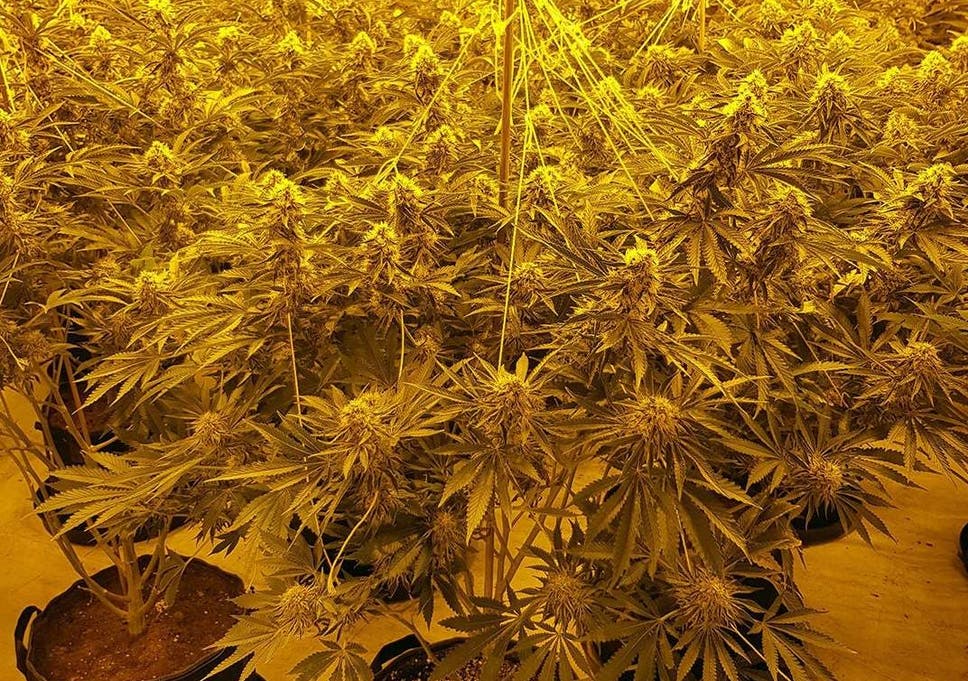
Some of the 1,400 cannabis plants that have been seized by police after a series of raids in Sussex over the first two weeks of February ( PA/Sussex Police )
Cannabis plants worth £1.2m have been seized in a series of drugs raids across Sussex.
More than 1,400 plants were found at 10 properties, sparking seven arrests and the discovery of four potential modern slaves.
Sussex Police said the investigation was triggered by a report of a break-in at a property in Tennyson Road, Crawley, on 2 February.
Police who responded to the call found around 800 cannabis plants and equipment used for their cultivation.
Two men were arrested and interviewed, before warrants were executed at nine other properties.
Modern Slavery in the UKShow all 13
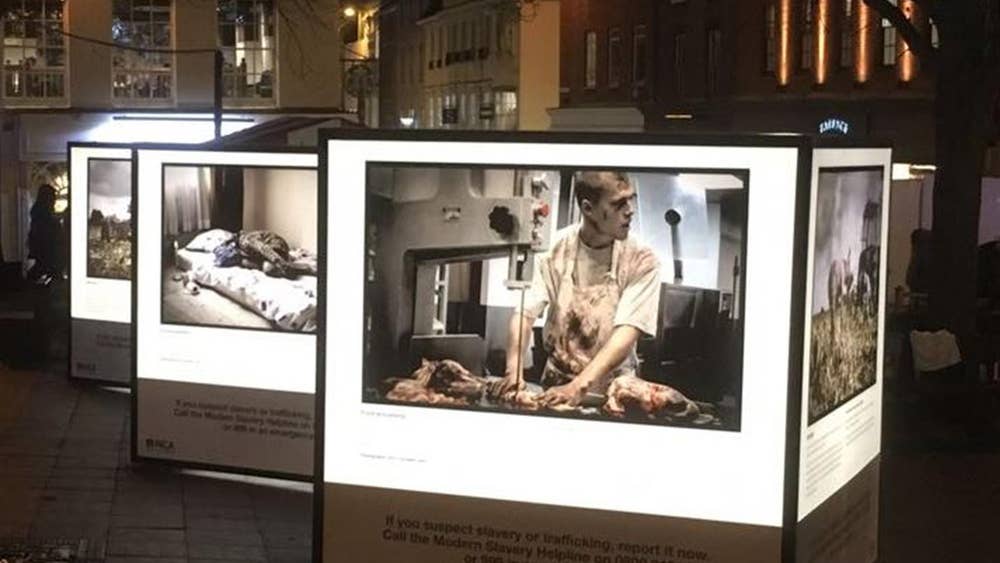
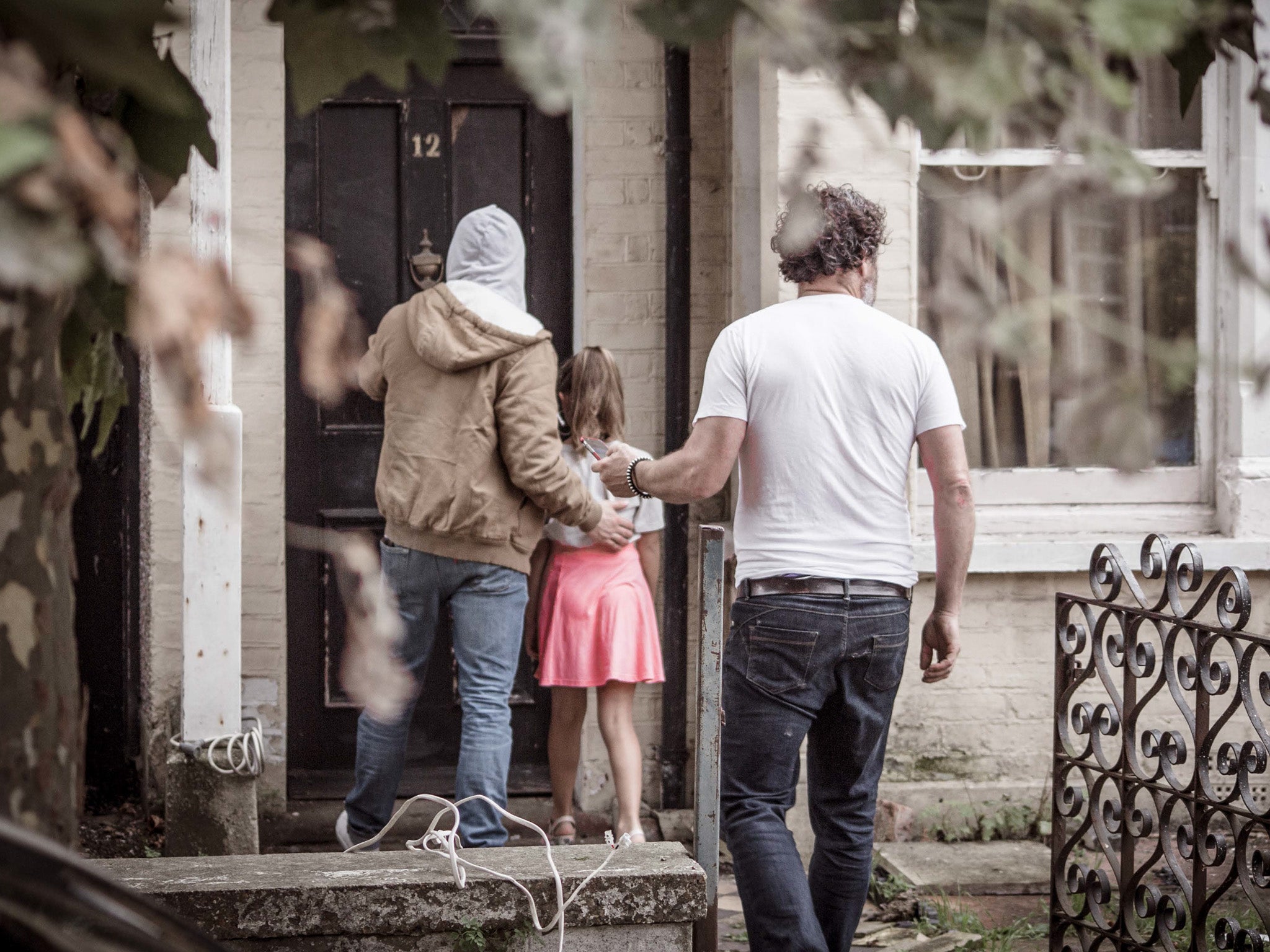
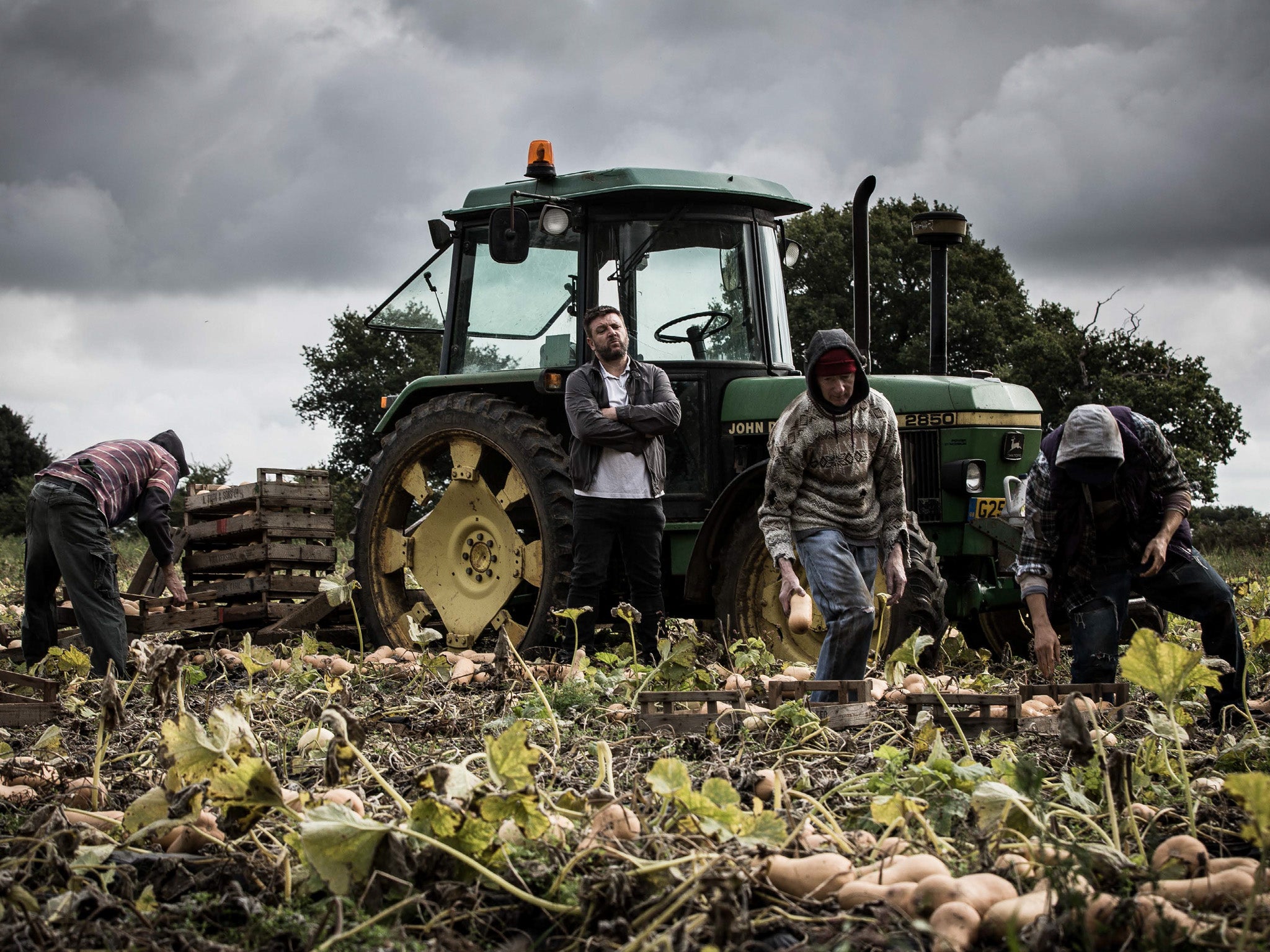
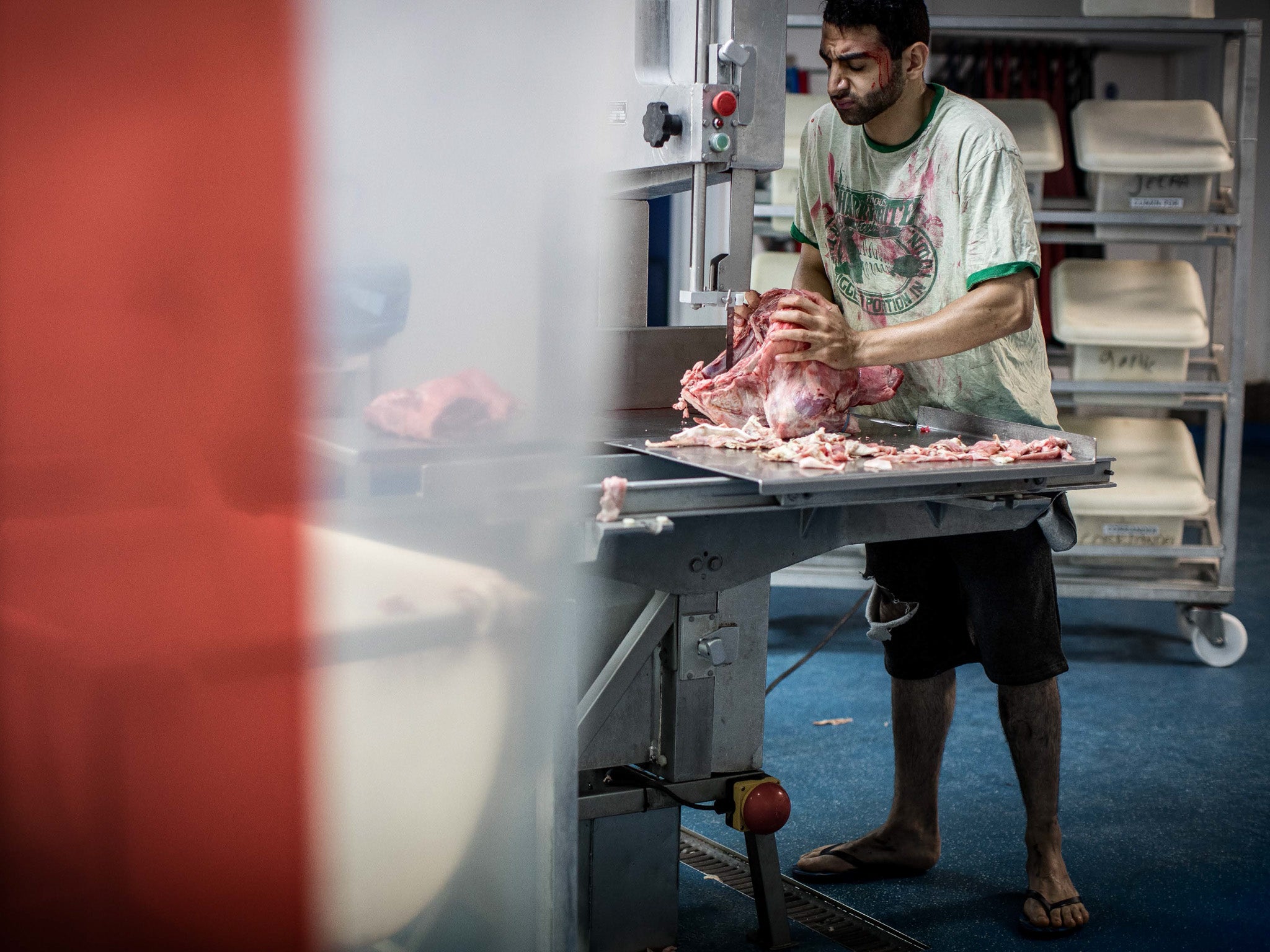
Detective Inspector Cheryl Lewendon said: “We have completely disrupted a fully planned commercial project which appears to have been operating for several months, and was aimed at bringing illegal drugs on to the streets of Crawley and the surrounding area on a large scale.”
She said the investigation had involved officers across West Sussex and a new tactical enforcement unit, adding: “Our enquiries are continuing to trace other people we suspect of being involved in the organisation and management of these sites.”
On 6 February, 110 plants were found in Cowfold Close, Crawley, and four days later 150 plants were discovered in Three Bridges and another 100 in Worth.
On 12 February, several people allegedly linked to the supply were found inside a property in Woodfield Road, Crawley.
Later that day, 70 more cannabis plants were found in Dobson Road, Crawley.
On Thursday, 120 plants were found at three addresses, one in Alpha Road, and two in Forester Road. Nobody was present.
On Friday, police found 60 plants at two other properties in Crawley.
Six men and a woman, aged between 21 and 38, were arrested on suspicion of cannabis production and released under investigation.
Sussex Police said they were also “referred to immigration enforcement for further enquiries about their status in the UK”.
Two other men, aged 31 and 32, from Stratford in east London, have been interviewed under caution on suspicion of human trafficking offences.
Home Office forced to defend refusal to disclose detention of hundreds of modern slavery victims
Four people found at the sites have been referred to specialist support services as potential victims of modern slavery.
Police have launched an operation codenamed Forfar in an attempt to trace more people in connection with the criminal enterprise and are appealing to the public for information.
The raids came amid continued efforts to battle “county lines” gangs who export drug-dealing operations from cities, such as London, to smaller towns and rural areas.
The trade, which sees children used as drug mules and criminals take over the homes of vulnerable people for their operations, has caused a dramatic rise in British modern slaves.
The next largest groups of modern slaves are Albanian and Vietnamese nationals, who are frequently referred over labour exploitation in cannabis farms and the wider drugs trade.

Some of the 1,400 cannabis plants that have been seized by police after a series of raids in Sussex over the first two weeks of February ( PA/Sussex Police )
Cannabis plants worth £1.2m have been seized in a series of drugs raids across Sussex.
More than 1,400 plants were found at 10 properties, sparking seven arrests and the discovery of four potential modern slaves.
Sussex Police said the investigation was triggered by a report of a break-in at a property in Tennyson Road, Crawley, on 2 February.
Police who responded to the call found around 800 cannabis plants and equipment used for their cultivation.
Two men were arrested and interviewed, before warrants were executed at nine other properties.
Modern Slavery in the UKShow all 13




Detective Inspector Cheryl Lewendon said: “We have completely disrupted a fully planned commercial project which appears to have been operating for several months, and was aimed at bringing illegal drugs on to the streets of Crawley and the surrounding area on a large scale.”
She said the investigation had involved officers across West Sussex and a new tactical enforcement unit, adding: “Our enquiries are continuing to trace other people we suspect of being involved in the organisation and management of these sites.”
On 6 February, 110 plants were found in Cowfold Close, Crawley, and four days later 150 plants were discovered in Three Bridges and another 100 in Worth.
On 12 February, several people allegedly linked to the supply were found inside a property in Woodfield Road, Crawley.
Later that day, 70 more cannabis plants were found in Dobson Road, Crawley.
On Thursday, 120 plants were found at three addresses, one in Alpha Road, and two in Forester Road. Nobody was present.
On Friday, police found 60 plants at two other properties in Crawley.
Six men and a woman, aged between 21 and 38, were arrested on suspicion of cannabis production and released under investigation.
Sussex Police said they were also “referred to immigration enforcement for further enquiries about their status in the UK”.
Two other men, aged 31 and 32, from Stratford in east London, have been interviewed under caution on suspicion of human trafficking offences.
Home Office forced to defend refusal to disclose detention of hundreds of modern slavery victims
Four people found at the sites have been referred to specialist support services as potential victims of modern slavery.
Police have launched an operation codenamed Forfar in an attempt to trace more people in connection with the criminal enterprise and are appealing to the public for information.
The raids came amid continued efforts to battle “county lines” gangs who export drug-dealing operations from cities, such as London, to smaller towns and rural areas.
The trade, which sees children used as drug mules and criminals take over the homes of vulnerable people for their operations, has caused a dramatic rise in British modern slaves.
The next largest groups of modern slaves are Albanian and Vietnamese nationals, who are frequently referred over labour exploitation in cannabis farms and the wider drugs trade.
No comments:
Post a Comment